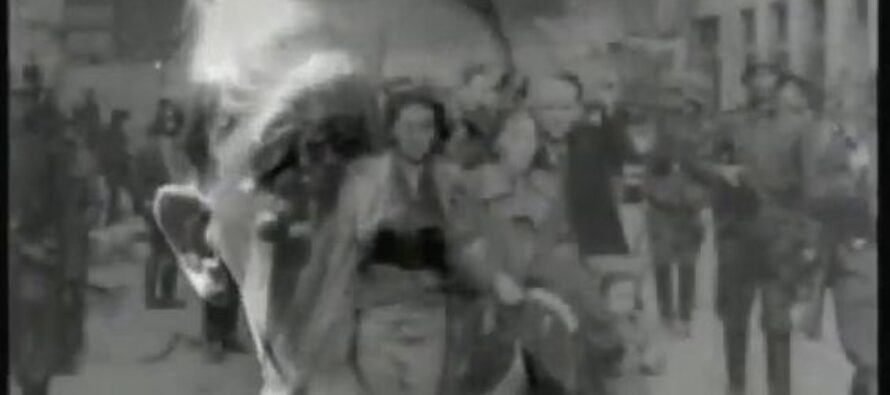In memory of Eli Wiesel

![]()

“Elie” Wiesel, September 30, 1928 – July 2, 2016
“We must always take sides.
Neutrality helps the oppressor, never the victim.
Silence encourages the tormentor,
never the tormented.”[2]
Elie Wiesel, Buchenwald inmate number “A-7713”, born September 30, 1928 has died, Saturday 2nd July, 2016 at his home in Manhattan, New York.
Holocaust survivor, and winner of the Nobel Peace prize in 1986, his most famous book ‘Night’ translated into 30 languages was based on his experience as an inmate in the concentration camps at Auschwitz and Buchenwald, where over half of his family were murdered by the Nazis.
On winning the Nobel prize the Norwegian Nobel Committee called him a “messenger to mankind”, stating that “…through his struggle to come to terms with his own personal experience of total humiliation and of the utter contempt for humanity shown in Hitler’s death camps, as well as his practical work in the cause of peace, Wiesel had delivered a message ‘of peace, atonement and human dignity’ to humanity.”[3]
Along with writing, “he also campaigned for victims of oppression in places like South Africa and Nicaragua and genocide in Sudan. He publicly condemned the Armenian genocide of a century ago and remained a strong defender of human rights during his lifetime.” He also spoke out on behalf of other oppressed minorities including Soviet and Ethiopian Jews, Bosnian victims of genocide in the former Yugoslavia, Nicaragua’s Miskito Indians, and the Kurds.
The Norwegian Nobel Institute says:
‘For the world to remember and learn from the Holocaust is not Elie Wiesel’s only goal. It is equally important to fight indifference and the attitude that “it’s no concern of mine”. Elie Wiesel sees the struggle against indifference as a struggle for peace. In his words, “The opposite of love is not hate, but indifference”.’[4]
“There may be times when we are powerless to prevent injustice, but there must
never be a time when we fail to protest.”
Elie Wiesel
Ar dheis Dé go raibh a anam dílis. May he rest in peace.
séamas carraher
Sources:
[1] Picture: By User:David Shankbone – David Shankbone, CC BY-SA 3.0, https://commons.wikimedia.org/w/index.php?curid=10269713
[2] http://qz.com/722671/one-person-of-integrity-can-make-a-difference-the-powerful-words-of-night-author-elie-wiesel/
[3] https://en.wikipedia.org/wiki/Elie_Wiesel
[4] https://www.nobelprize.org/nobel_prizes/peace/laureates/1986/wiesel-facts.html
Related Articles
Poesía: Entrevista a Xánath Caraza por Anna Lombardo
![]()
Xánath Caraza es viajera, educadora, narradora y poeta. “Creo que hay de alguna forma una conversación íntima con el lector”
Short Cuts
![]()
If hackers possess a look, then Julian Assange would probably be best placed to carry it onto the runways at
ON A DAY THIS WEEK, IN JULY 1972, Ghassan Kanafani
![]()
On a day this week, July 8 1972, the Palestinian social revolutionary and writer, spokesperson for the Popular Front for the Liberation of Palestine (PFLP), died in Beirut, murdered by the Israeli intelligence services – Mossad



